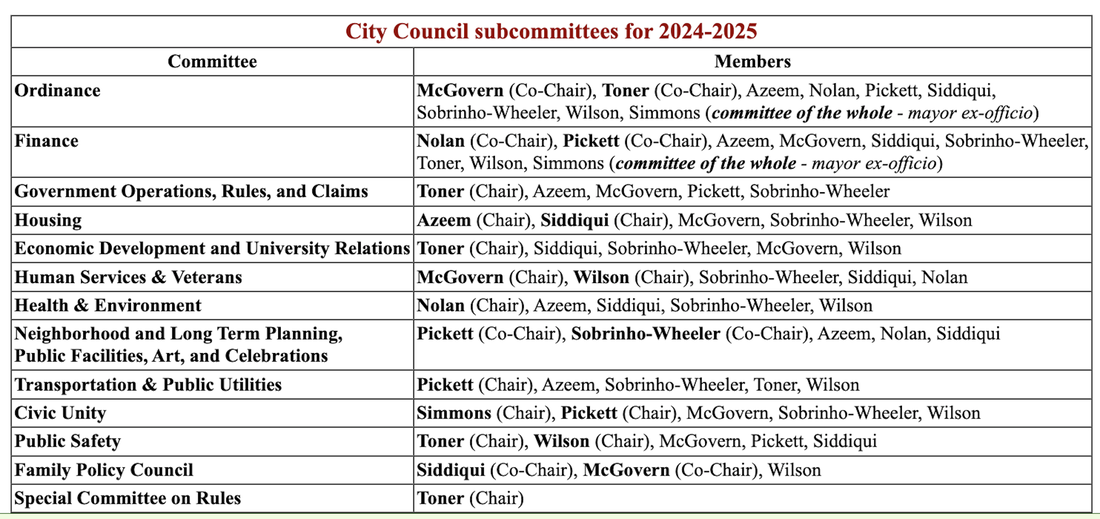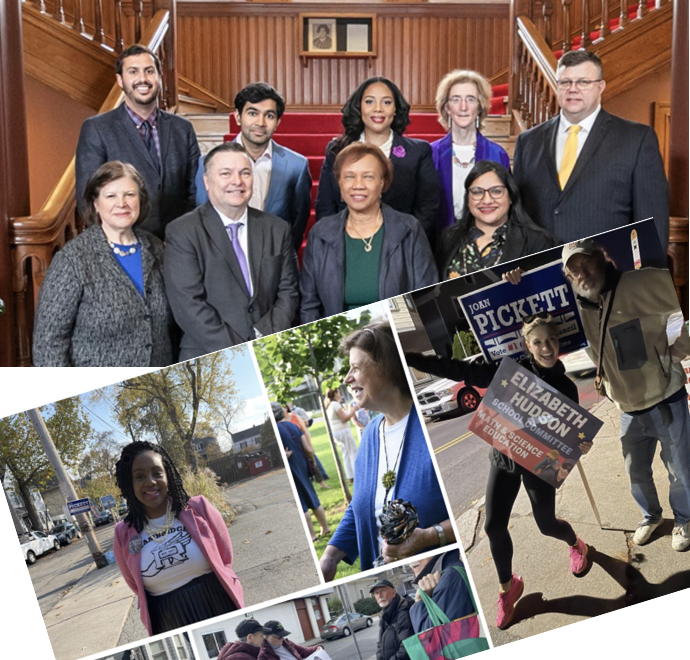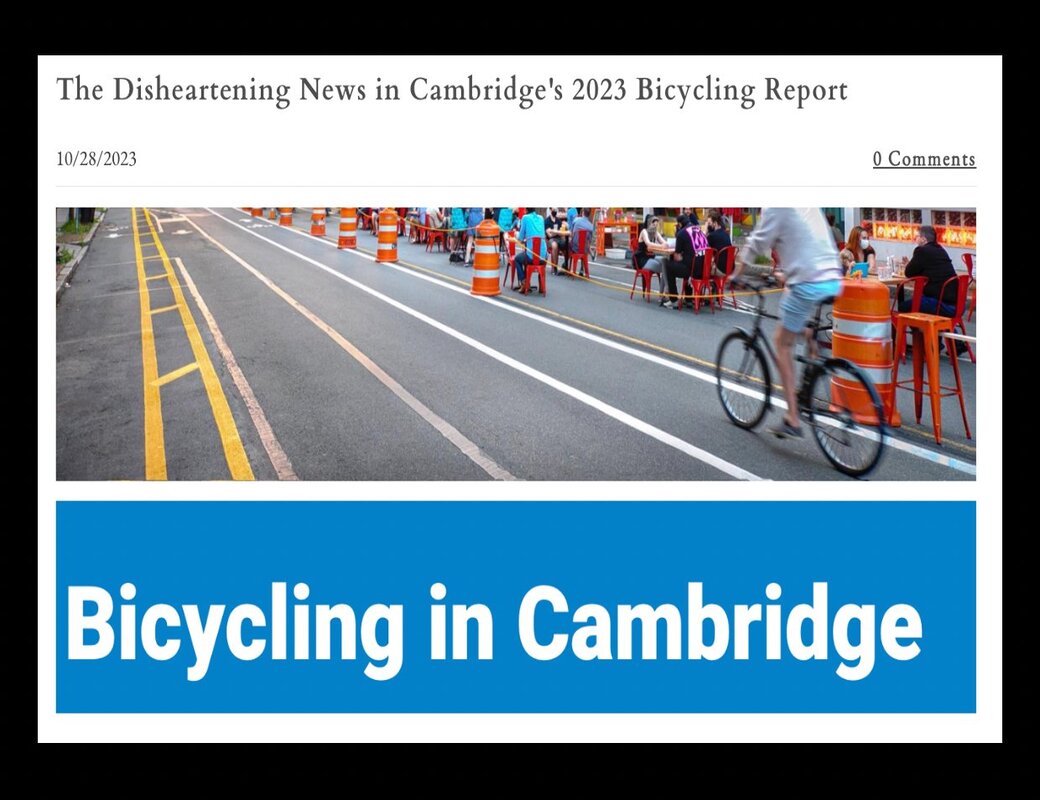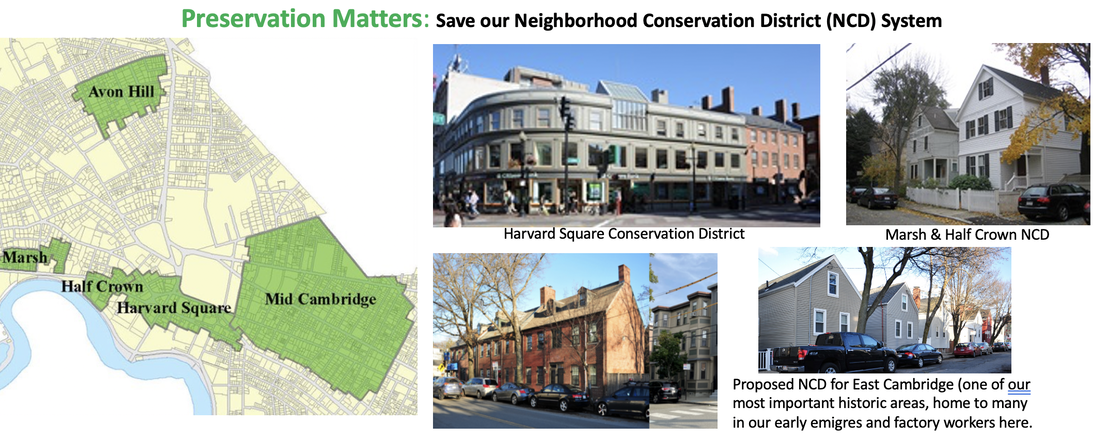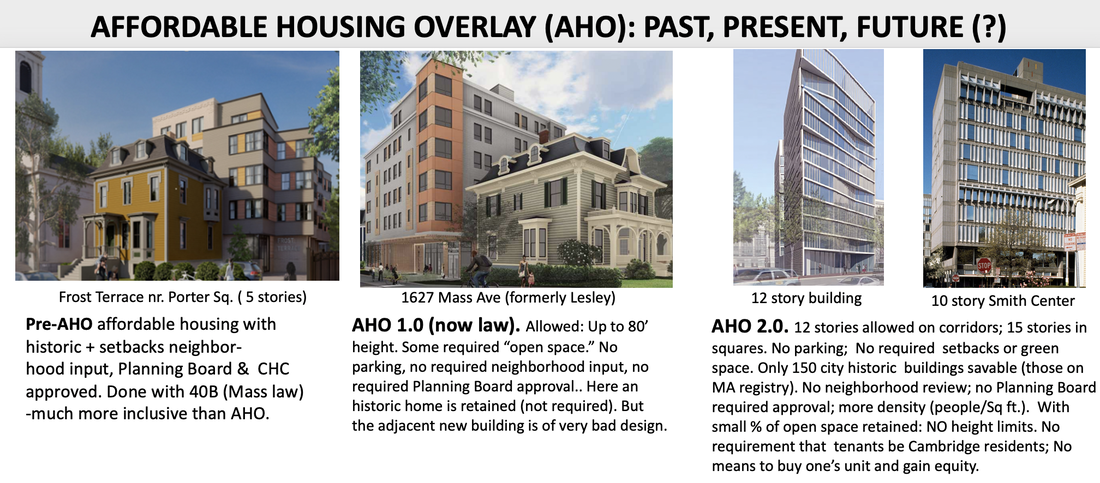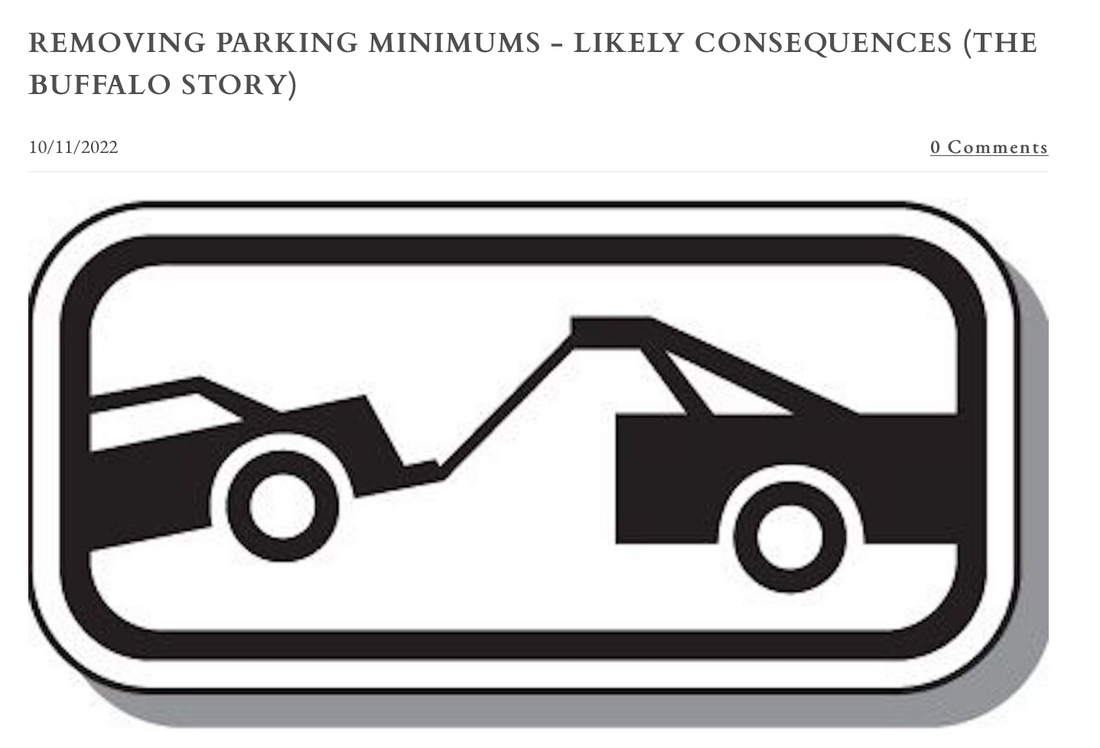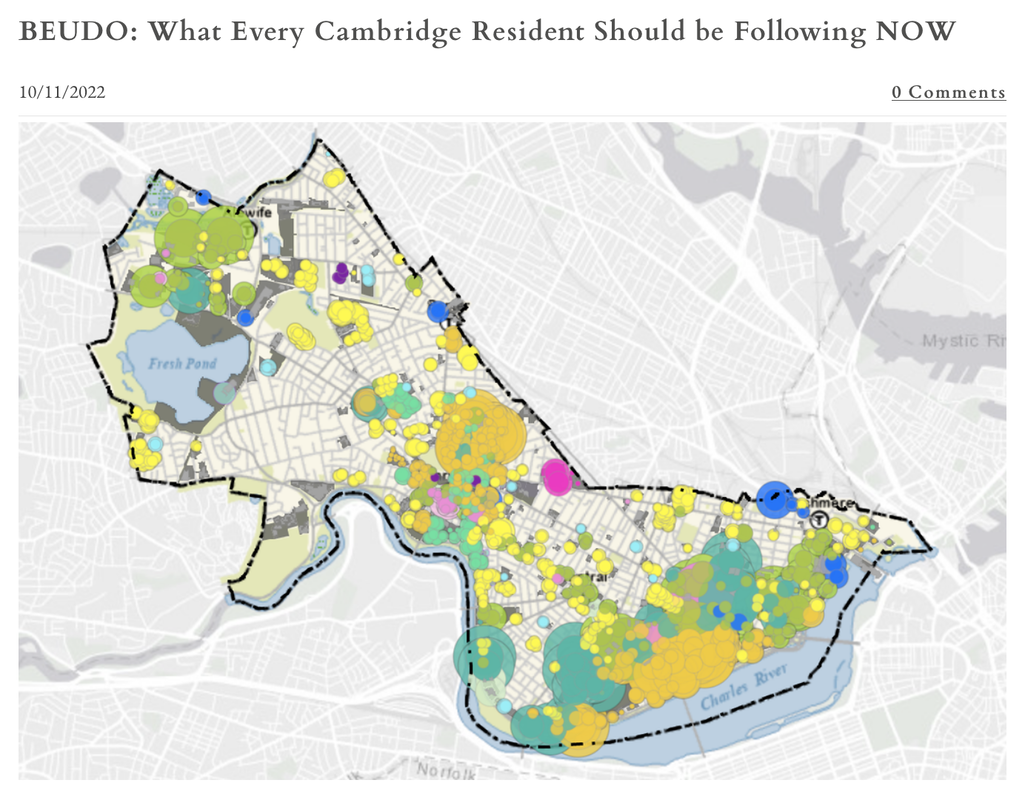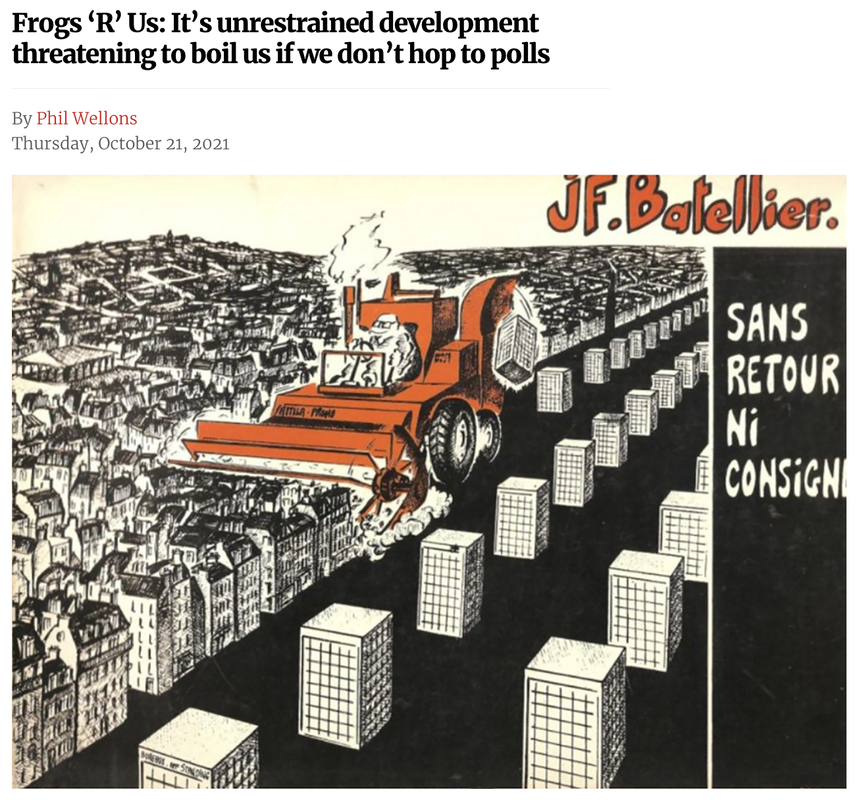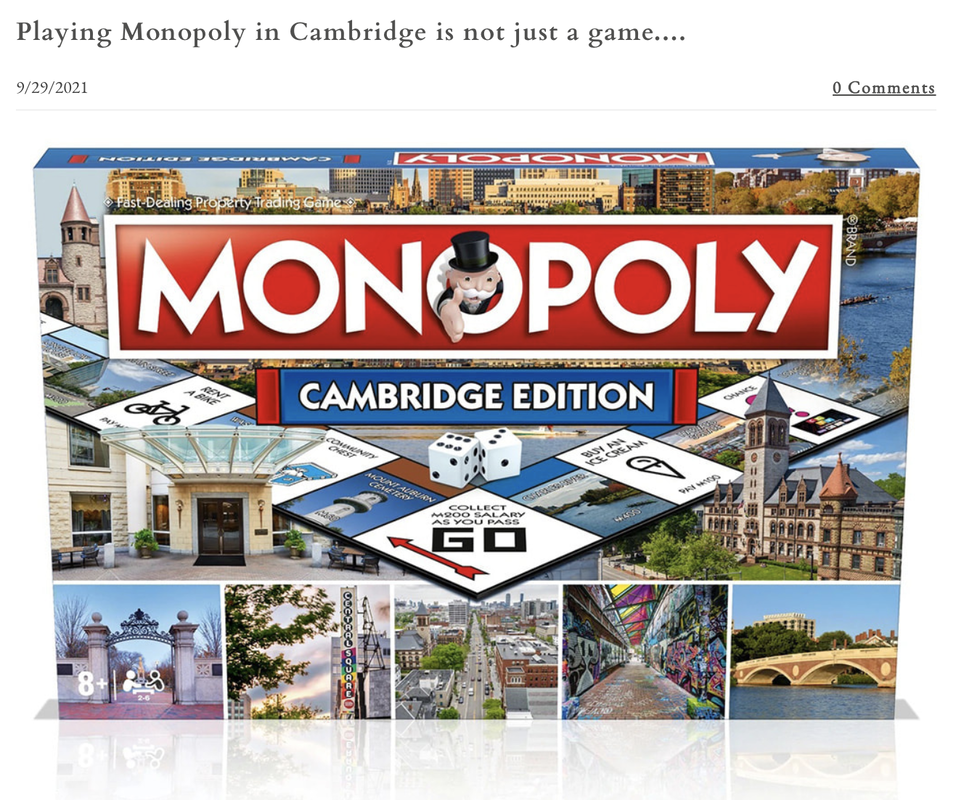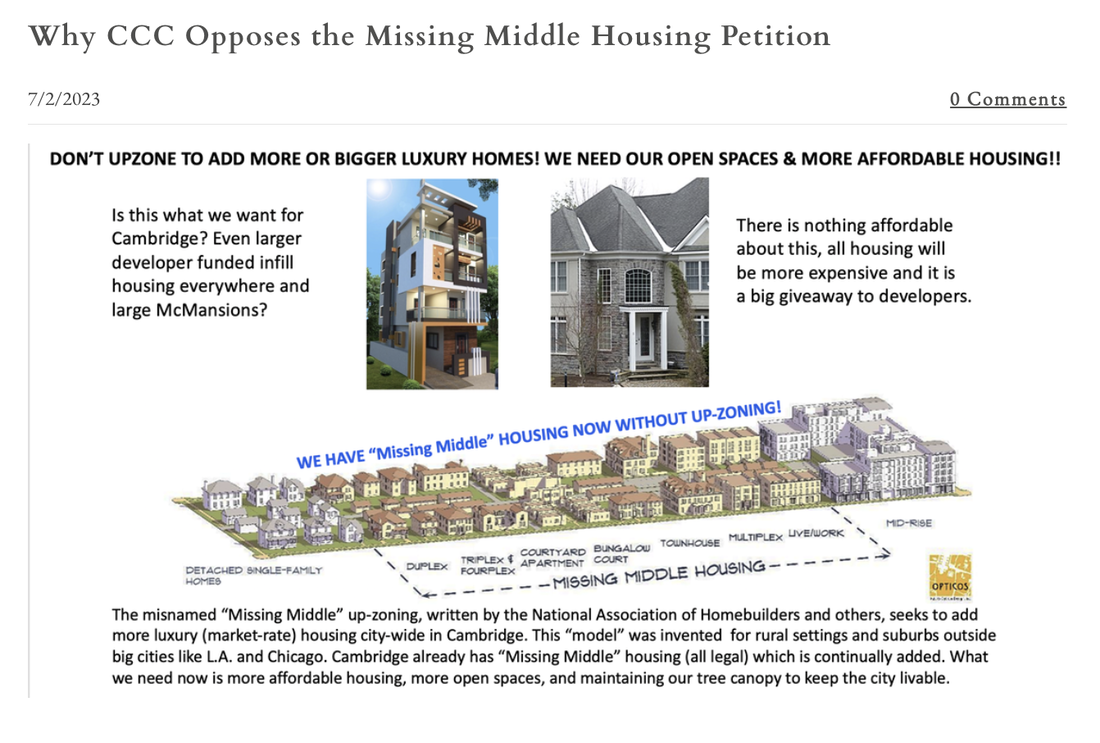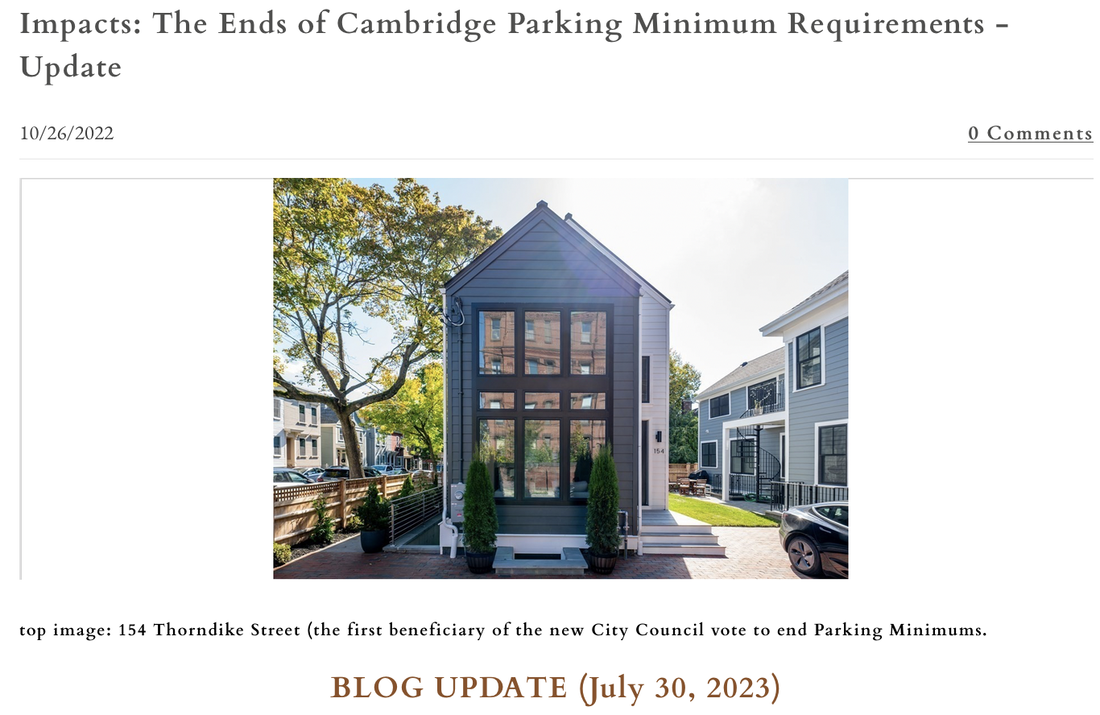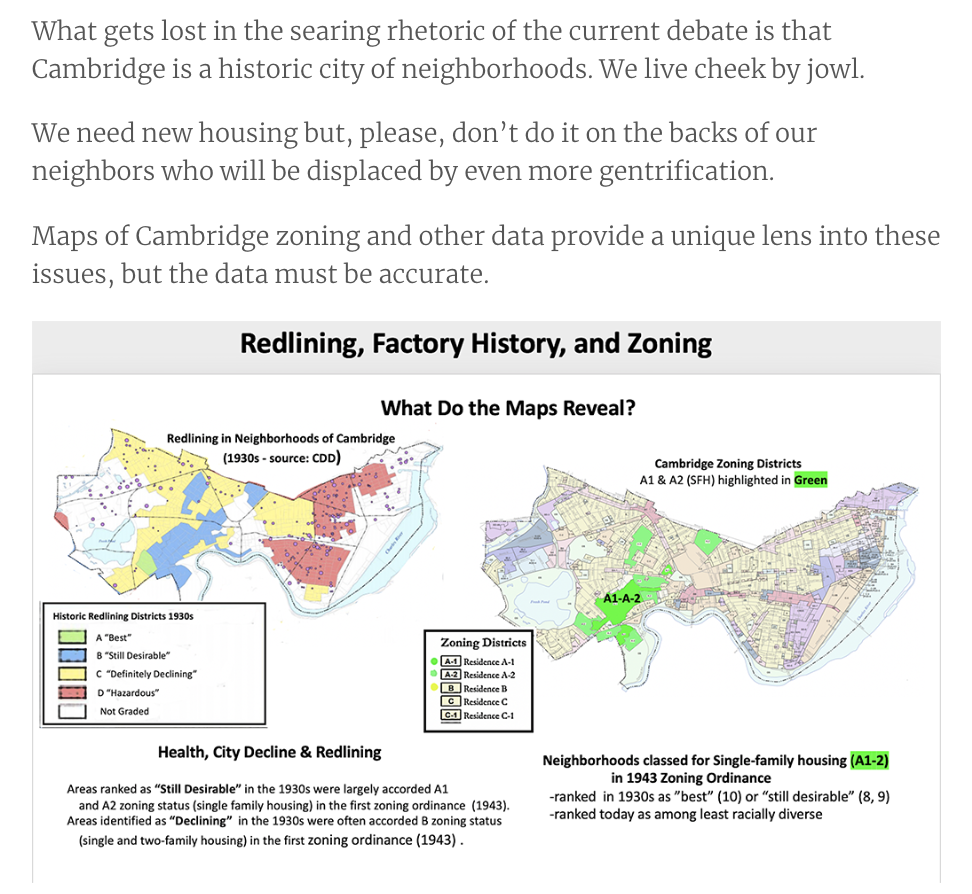CCC is free and open to everyone.
But we urge people able to do so to donate $25-$40 yearly either to help CCC 's active Civic work (at the Act Blue link above) or to support complementary city election efforts at CambridgePac.org: HERE
But we urge people able to do so to donate $25-$40 yearly either to help CCC 's active Civic work (at the Act Blue link above) or to support complementary city election efforts at CambridgePac.org: HERE
Weekly Calendars of Local Civic & Other Events
Weekly Calendar A: Cambridge City Government - the CITY WEEKLY CALENDAR
Weekly Calendar B: Cambridge Day Weekly Calendar HERE
Weekly Calendar C: Cambridge Civic Weekly Calendar of Events and Meetings in Cambridge: Cambridge Civic
Weekly Calendar D: Have Fun! Patch Local Music and Entertainment: HERE
Weekly Calendar E: Find It Cambridge HERE
Weekly Calendar B: Cambridge Day Weekly Calendar HERE
Weekly Calendar C: Cambridge Civic Weekly Calendar of Events and Meetings in Cambridge: Cambridge Civic
Weekly Calendar D: Have Fun! Patch Local Music and Entertainment: HERE
Weekly Calendar E: Find It Cambridge HERE
Find out how to contact City Council and Commissions Find out how to sign up to speak at city meetings, and more ...
CCC Welcomes our New Advisory Members
CCC's newest Advisory Team Members include: Former City Councilor, Attorney Craig Kelley (North Cambridge); Architect Francesca Gordini (East Cambridge); Attorney Will Hudson (West Cambridge); Organizer Jana Odette (Fresh Pond): Political Scientist, Susan Shell (West Cambridge)
City Councillor Committee Assignments
The larger CCC Team has put together a list of priorities for this term. Below are the highlights.
|
CCC PRIORITIES 2024-25
CCC looks forward to working with every Councillor, city staff member, resident, and business across the city to help our city government achieve the following policy or process changes. This can be a year of real progress for the city. SIX TOP PRIORITIES BETTER GOVERNMENT: Require speedy responses to public records requests; require clerk (or others) to publish votes with initials on city website during Council and other public meetings; publish weekly meeting calendar; add more separation between Councillors and judiciary committees (BZA, CHC, PB); limit House Doctor (our “in house” pre-approved contractor projects) to below $500K. CITY FINANCES: 5-year plan to keep city fiscally sound; more upfront detail on development proposal costs; maintain low residential and commercial property taxes. ENVIRONMENTAL ISSUES AND CLIMATE RESILIENCY: Annual City updates on climate change results; published plan for new infrastructure; enact Urban Forestry Master Plan; improve environmental impact studies re climate goals. HOUSING: Support the rights of tenants against unfair evictions, lease terminations, and rate hikes; encourage adoption of Senate bill S684 providing legal counsel; add financial incentives for property owners to add units to existing homes and keep rents below market rates for non-family for a fixed time period; allow multifamily zoning citywide without unduly increasing property values and impacting green space; create citywide design review committee; promote city purchased land for housing (land trusts) and lease land to developers; add regular independent reviews of tenant concerns and building upkeep; provide a single anonymized list of housing applicants and update annually NEIGHBORHOODS: Provide more local meeting places and encourage more neighborhood groups citywide; host annual city council meeting with neighborhood group leaders; address long term vacancies (homes and local businesses) by adding escalating fee structure. Do annual review of ISD requests and completions. Simplify and speed up responses to street light outages etc. TRANSPORTATION AND INFRASTRUCTURE: Traffic camera use for better counts citywide and consider violation tickets like DC; address best practices for safest bicycle, scooter, skateboard use; Modified broadband for city square open spaces and both low income and senior housing. |
CCC welcomes our 2024-26 Cambridge City Council & School Committee Members
We have elected a terrific group of leaders for both City Council and the School Committee. And CCC looks forward to working with all in bringing good results to the problems we face as a city
c
READ CCC's BLOG ABOUT THE ELECTION RESULTS
TRANSIT
CCC has a blog post up on the 2023 City Bicycling Report
HOUSING
CCC has a new blog post the climate change and building heights: HERE
The massive citywide upzoning amendment known as AHO 2.0 was ordained by City Council on October 15, 2023 allowing 12 story buildings on key avenues and 15 story buildings in historic squares for exclusively income-limited residents seeking housing from around the area and more broadly. Historic still sustainable buildings will be demolished throughout the city for tall very dense structures without setbacks, parking, key infrastructure planning, or Planning Board oversight.Opposing AHO 2.0 were Councillors Carlone, Nolan, Toner; Supporting AHO 2.0 were Councillors: Azeem, McGovern, Siddiqui, Simmons, Mallon and Zondervan.
The massive citywide upzoning amendment known as AHO 2.0 was ordained by City Council on October 15, 2023 allowing 12 story buildings on key avenues and 15 story buildings in historic squares for exclusively income-limited residents seeking housing from around the area and more broadly. Historic still sustainable buildings will be demolished throughout the city for tall very dense structures without setbacks, parking, key infrastructure planning, or Planning Board oversight.Opposing AHO 2.0 were Councillors Carlone, Nolan, Toner; Supporting AHO 2.0 were Councillors: Azeem, McGovern, Siddiqui, Simmons, Mallon and Zondervan.
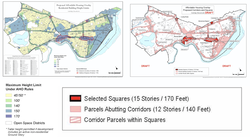
Get Building Height Right for the Climate! "It may seem obvious that cities filled with big buildings use energy more efficiently than dispersed suburban landscapes, and that newer, taller buildings are more energy-efficient than older, squatter structures. People widely understand that New York City, for example, ranks well on energy use per person, where housing tends toward the vertical, one boiler room can serve many units, and heat rises into the units above, rather than being lost to the sky....Skyscrapers use and lose more energy than low-rise buildings, research shows....
'The results show that height is a significant predictor of energy use, even accounting for other variables,'the researchers wrote in a paper published in the journal Building Research and Information. In fact, each additional story in a building is associated with a 2.4 percent increase in electricity use and 2.9 percent increase in fossil fuel use, more than doubling the average emissions per square foot for the tallest buildings in their survey." Source: Greentech Media November 2020 (read article at link below).
'The results show that height is a significant predictor of energy use, even accounting for other variables,'the researchers wrote in a paper published in the journal Building Research and Information. In fact, each additional story in a building is associated with a 2.4 percent increase in electricity use and 2.9 percent increase in fossil fuel use, more than doubling the average emissions per square foot for the tallest buildings in their survey." Source: Greentech Media November 2020 (read article at link below).
This proposal was not taken up by Council on Sept 11 as planned, but because it is not a zoning petition with a time limit, it can be brought back by one or more Councillor at a future date. This bill, that pretty much gives full reign to developers to build what they want, would remove all but one professionals from NCD Committees, require City Council approval before a proposal can begin, disallow commission discussions or decisions about height or setbacks, increase tenfold the number of petitioners needed (from 10 to 100 even for a small street), allow 30 petitioners to terminate an existing NCD, require lengthy reviews every 10 years.
PROPOSED INCREASES IN URBAN DENSITY:
POSSIBLE HEAT ISLAND IMPACTS
CCC blogpost:
AHO THIRD YEAR INTERIM REPORT:
Past, Present, Future(?)
Key takeaways from our recent blog: The Third Year Interim AHO report: already we are seeing the impacts of AHO 1.0 and even the AHO 2.0 currently under discussion and they often are not positive. Yes there are some successes, such as the repurposing of the former Sacred Heart Convent and School in East Cambridge and the fact that there are now some 1500 affordable housing units in the works. Another success has been the New Street development near Danehy Park, a project that preceded the AHO passage as a result of an intervention by then Councillor Jan Devereux to switch a proposed storage container building to affordable housing. We are also seeing more clearly now what happens when we have little viable accountability and oversight by the Cambridge Housing Authority and the city itself. Jefferson Park will cost nearly $1 million per unit to build (far more expensive than market rate housing units cost). And here there was no need to purchase land, since here they are simply rebuilding the existing structures at double the density and at greater height. In addition theses developments are sometimes very poorly managed, with so many complaints that the Mayor and Vice Mayor wrote a letter to the Cambridge Housing Authority to complain about the management of Walden Square. CCC's August 18, 2021 First Year AHO Report can be found HERE.
RECENT CCC BLOGS OF IMPORTANCE NOW
Frogs-R-Us addresses some of the issues around developer interests and investments in Cambridge. Above image left; the cover to Jean-François Batellier’s 1978 cartoon collection, “No Deposit, No Return.”; right: cover of Cambridge Monopoly game.
Playing Monopoly takes up core issues in the architectural preservation issues around a move by another political party to gut long-standing conservation and historic preservation efforts in Cambridge
Playing Monopoly takes up core issues in the architectural preservation issues around a move by another political party to gut long-standing conservation and historic preservation efforts in Cambridge
Other Cambridge Citizens Coalition Research and Opinion Pieces published in Cambridge Day
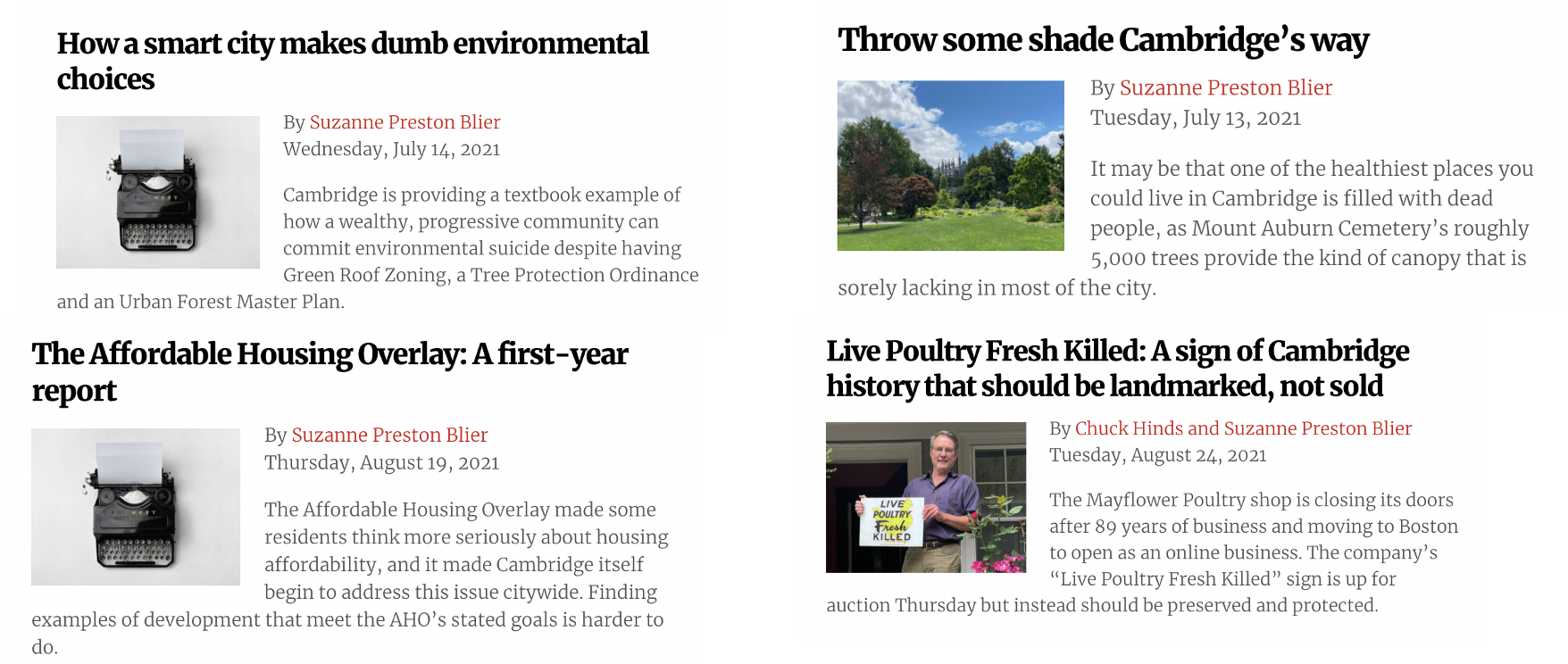
WHO WE ARE
Cambridge Citizens Coalition (CCC) was founded by local neighborhood group leaders and is led by them along with other local civic activists and residents dedicated to smart development, thoughtful city planning, good governance policies, sustainability, housing affordability, and the preservation of our trees, green spaces, and historic architecture.
"CCC is a city-wide organization that does not... believe that developers know best about how to solve the affordable housing crisis. That is pure neo-liberalism and that is the flavor favored by our political opponents. We are interested in taking land costs out of the equation as much as possible, building on city properties, encouraging land trusts and protecting renters. We also do not take a back seat on climate issues and want city resources spent on creating safe streets for bikers." (CCC Board Member, Chris Mackin).
"CCC is a city-wide organization that does not... believe that developers know best about how to solve the affordable housing crisis. That is pure neo-liberalism and that is the flavor favored by our political opponents. We are interested in taking land costs out of the equation as much as possible, building on city properties, encouraging land trusts and protecting renters. We also do not take a back seat on climate issues and want city resources spent on creating safe streets for bikers." (CCC Board Member, Chris Mackin).
CCC: Promoting a More Livable Cambridge
Change can’t wait. We need bold, progressive polices to address our most pressing issues
POLICIES THAT MATTER ON:
Cambridge Citizens Coalition (CCC) is dedicated to thoughtful city planning, smart development, good governance policies, sustainability, housing affordability, and the preservation of our trees, green spaces, and historic architecture.
1. Environmental Equity - addressing climate change can't wait! Safeguard trees and green spaces in every neighborhood.
2. Housing - stop gentrification, end exclusive single family zoning, create a real path to home ownership; add more mixed income housing
3. Smart Growth - we need a Citywide plan for smart growth (people before profits)
4. Neighborhoods are key (retain and build on naturally affordable longterm sustainable housing)
5. We live in an historic city; let's work together to preserve our rich architectural diversity.
6. Policies for equity (from Broadband and HEART to Universal Pre-K)
Change can’t wait. We need bold, progressive polices to address our most pressing issues
POLICIES THAT MATTER ON:
Cambridge Citizens Coalition (CCC) is dedicated to thoughtful city planning, smart development, good governance policies, sustainability, housing affordability, and the preservation of our trees, green spaces, and historic architecture.
1. Environmental Equity - addressing climate change can't wait! Safeguard trees and green spaces in every neighborhood.
2. Housing - stop gentrification, end exclusive single family zoning, create a real path to home ownership; add more mixed income housing
3. Smart Growth - we need a Citywide plan for smart growth (people before profits)
4. Neighborhoods are key (retain and build on naturally affordable longterm sustainable housing)
5. We live in an historic city; let's work together to preserve our rich architectural diversity.
6. Policies for equity (from Broadband and HEART to Universal Pre-K)
MAILING DONATION CHECK$
Checks to Cambridge Citizens Coalition IE PAC can be mailed to CCC at P.O. Box 410291, Cambridge, MA 02141.
Checks to Cambridge Citizens Coalition can be mailed to CCC at P.O. Box 410083, Cambridge, MA 02141.
Checks to Cambridge Citizens Coalition IE PAC can be mailed to CCC at P.O. Box 410291, Cambridge, MA 02141.
Checks to Cambridge Citizens Coalition can be mailed to CCC at P.O. Box 410083, Cambridge, MA 02141.
CCC stands with the LGBTQIA+ community’s fight for equality. We are committed to ending anti-LGBTQIA+ violence, bullying, and discrimination, and to ensuring that LGBTQIA+ individuals are treated with dignity and respect in their communities, their workplaces, and their schools. CCC believes in nurturing growth and positive change for individuals and communities alike. We stand with and advocate for equity and social justice for indigenous communities, people of color (BIPOC), those with disabilities, others marginalized and individuals practicing every religious faith.
LAND ACKNOWLEDGEMENT
We honor and acknowledge that Cambridge sits on the traditional homelands of the Massachusett people. We also acknowledge their close neighbors and relatives, the Nipmuc and Wampanoag peoples.
We honor and acknowledge that Cambridge sits on the traditional homelands of the Massachusett people. We also acknowledge their close neighbors and relatives, the Nipmuc and Wampanoag peoples.


